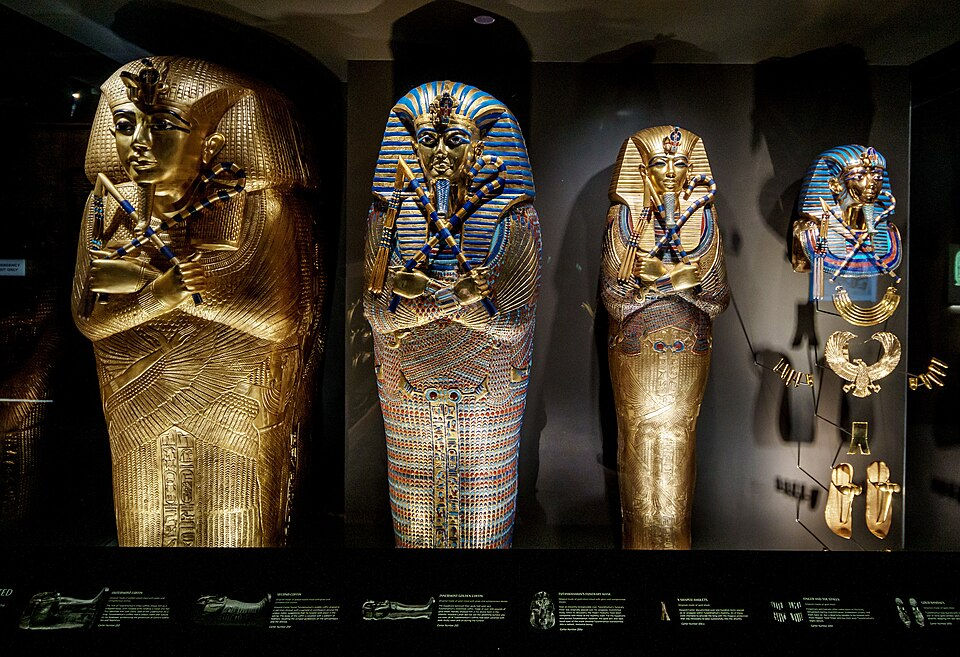Diving into Dementia: Recognizing the Signs and Symptoms
- Christian Companions

- Sep 12, 2024
- 3 min read

Margaret stood at her kitchen window, staring blankly at the garden she once lovingly tended. The roses were in full bloom, but she couldn’t quite recall the names, just like so many memories these days.
She clutched her favorite teacup, trying to remember if she had already had her morning Earl Grey. For the third time that hour, she called out, "Robert? Have you seen my glasses?" forgetting that her husband had passed away five years ago.
Her daughter's voice came from behind her, startling Margaret. "Mom, your glasses are on your head. Remember, we're going to the doctor today to talk about your memory." Margaret nodded, a flicker of recognition in her eyes quickly replaced by confusion.
As they prepared to leave, she picked up her keys, then set them down, only to pick them up again moments later, the purpose of the action already forgotten. The once-vibrant tapestry of Margaret's life was beginning to unravel thread by thread, leaving behind a patchwork of disjointed memories and an uncertain future.
A tale such as this may be more common than previously thought and stands to represent the 1 in 10 older adults suffering from dementia in the United States.
Here at Christian Companions, we've walked alongside many families on their journey with dementia. Our caregivers bring not just experience, but also hearts full of compassion, ready to support both seniors and their loved ones through each step of this challenging path.But first, let’s try to get a grasp on what we call Dementia.
Understanding Dementia: An Overview
Dementia is not a specific disease, but rather an umbrella term describing a wide range of symptoms associated with a decline in memory or other thinking skills. This decline is severe enough to reduce a person's ability to perform everyday activities. Alzheimer's disease accounts for 60-80% of cases, but there are many other forms of dementia, including vascular dementia, Lewy body dementia, and frontotemporal dementia.
Signs and Behaviors of Dementia to Watch For in Aging Loved Ones
As our loved ones age, it's important to be aware of potential signs that might indicate cognitive changes. Here are some common scenarios that family members and friends might observe in their aging seniors, which could warrant further attention or medical evaluation:

Memory loss
Particularly having difficulty recalling recent events.
Sarah forgets she had lunch with her daughter yesterday, even though it was a pleasant outing.
Challenges in planning or solving problems
Tom, once meticulous with finances, inadvertently overdrafts his account multiple times, leading to financial difficulties.
Difficulty completing familiar tasks
Maria leaves the stove on after cooking, creating a dangerous fire hazard in her home..
Confusion with time or place
John becomes disoriented and wanders out of the house at night in freezing temperatures, triggering a neighborhood search.

Problems understanding visual images and spatial relationships
Lisa misjudges the depth of stairs, resulting in a fall that leads to hospitalization.
New problems with words in speaking or writing
Robert struggles to communicate his symptoms to his doctor, potentially delaying critical medical care.
Misplacing things and losing the ability to retrace steps
Helen accuses her caregiver of theft when she can't find her medication, refusing to take necessary prescriptions.
Decreased or poor judgment
George, unable to recognize financial scams, gives away his life savings to fraudsters over the phone.

Withdrawal from work or social activities
Anne isolates herself completely, leading to severe depression and rapid cognitive decline.
Changes in mood and personality, including anxiety, depression, and apathy
David, once gentle, becomes aggressive towards his spouse, causing safety concerns and caregiver burnout.
The Crucial Role of Early Detection
Early detection of dementia is crucial to ensuring the best possible quality of life for those affected as well as their families. Recognizing the signs early allows for timely medical intervention, which can potentially slow the progression of symptoms and provide more time for families to plan for the future.
It's important to note that occasional lapses in memory or moments of confusion don't necessarily indicate dementia. However, if you notice a pattern of these symptoms in yourself or a loved one, it's advisable to consult with a healthcare professional. Early detection not only aids in managing the condition but also allows families to access support services, education, and resources that can significantly improve the journey ahead.

Here at Christian Companions Houston, we’re aware of just how serious dementia can be for aging seniors as well as their loved ones and we’re here to offer our support and guidance. Please, don’t hesitate, call us today if you or an aging loved one could benefit from a gentle, guiding touch through these difficult times.
In our next blog, we’ll do a deeper dive into the many forms and stages of dementia to better understand and navigate this detrimental disease.





Comments